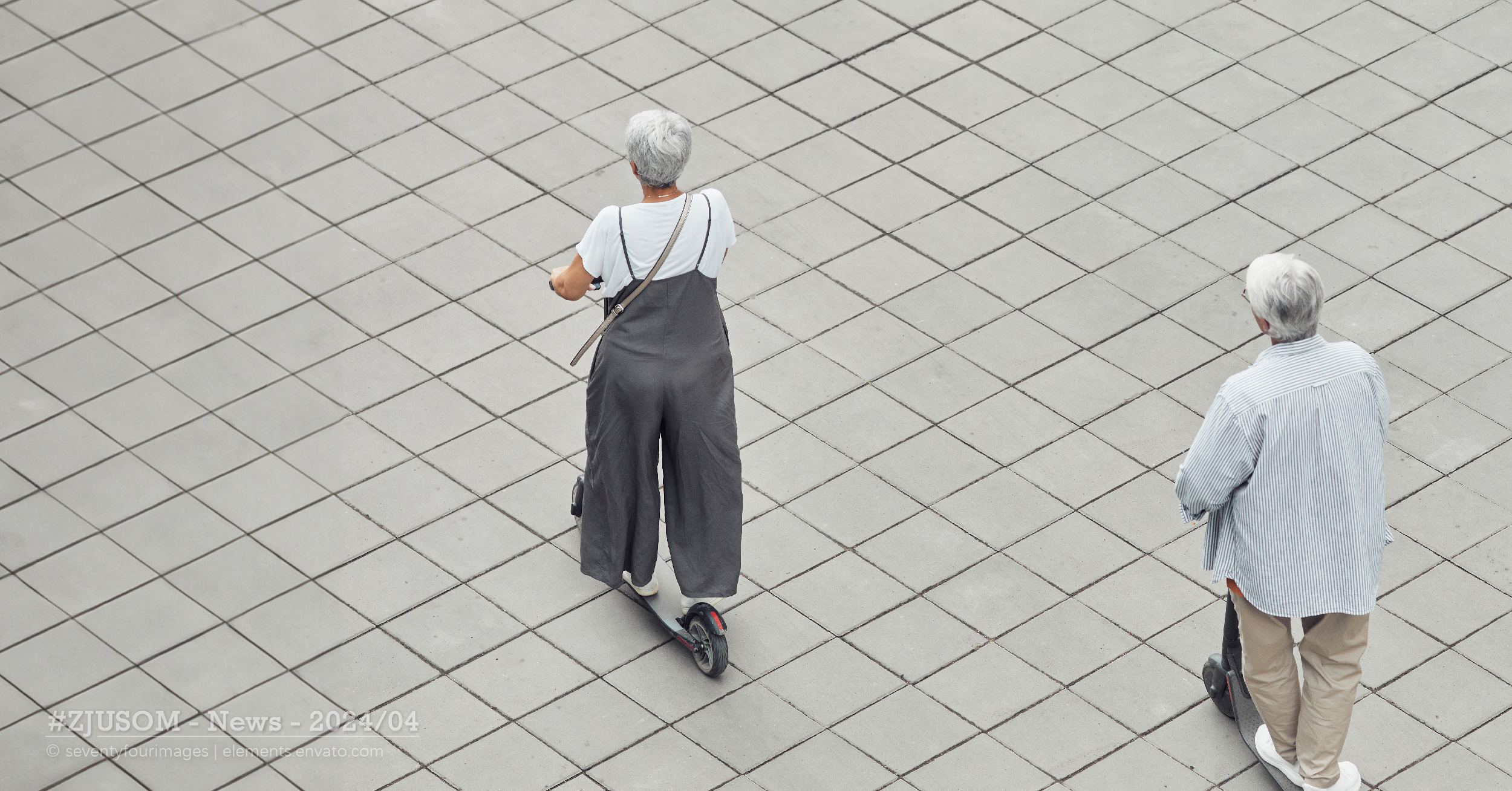
In countries facing an aging population, a transformation is taking place that is redefining the market landscape and consumer profiles. Older people, also known as the "silver generation", are increasingly becoming the focus of institutions and companies. Furthermore, the demographic trend towards an older population is no longer just a statistic, but a powerful force that is reshaping the global economy, influencing product design and realigning marketing strategies.
Data shows that the scale of China’s silver economy is currently about 7 trillion CNY, accounting for about 6% of GDP. It is expected that the scale of the silver economy will reach about 30 trillion yuan by 2035, accounting for about 10% of GDP.
How is the consumption of China’s silver economy changing? How are companies and the relevant departments developing the new economy? – these are the questions Prof. XING Yiqun was asked in an interview with Zhejiang Senior News (浙江老年报).
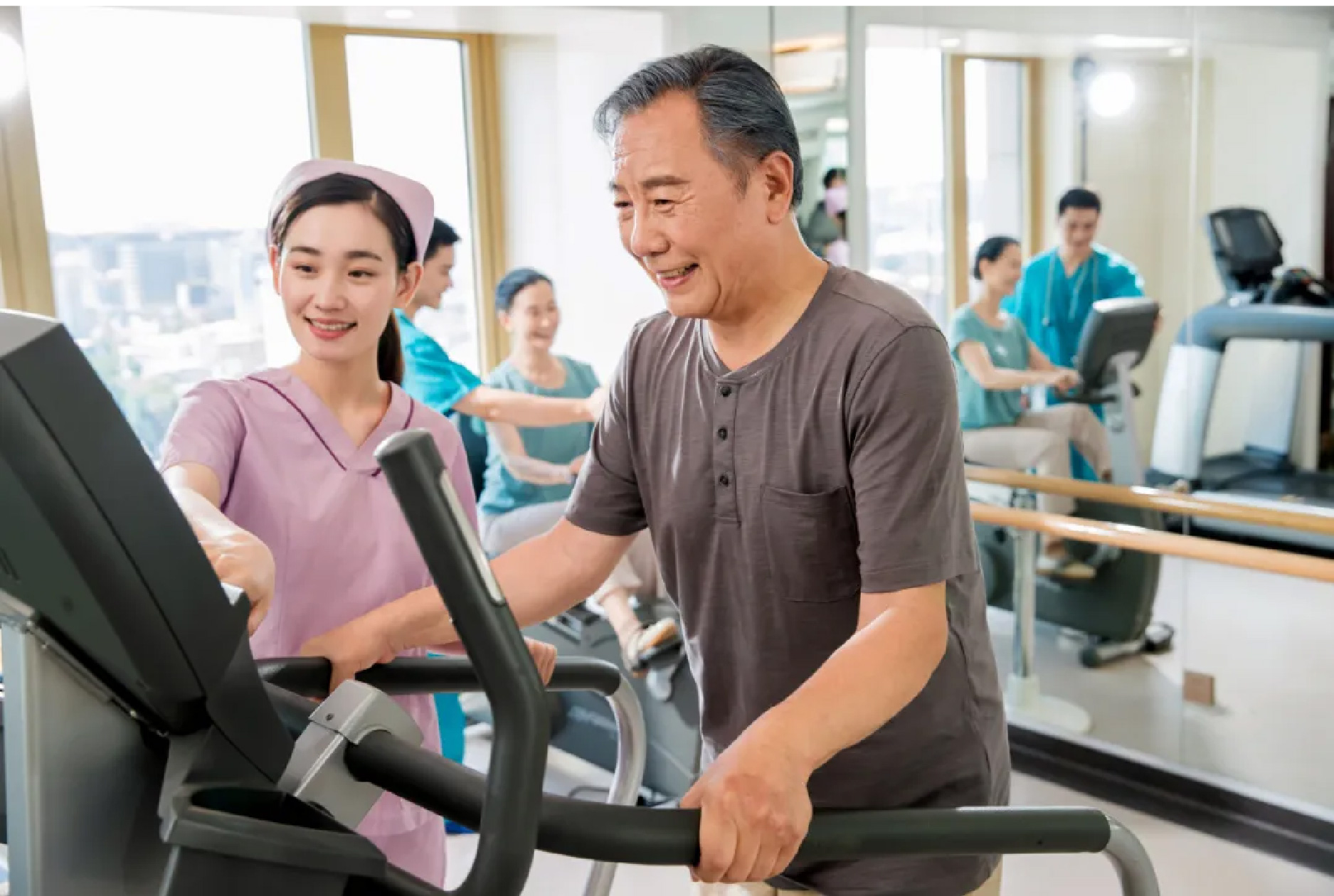
|
Image source: 千库网 |
|
XING Yiqun | 邢以群 School of Management, Zhejiang University |
||
|
|
||
|
|
|
Academic Background: Professor of the Department of Leadership and Organizational Management, School of Management, Zhejiang University, Deputy Director of the Institute of Organization and Strategy, Zhejiang University, Director of the Research Center for the Aging and Elderly Care Industry, School of Management, Zhejiang University. Research areas: Business management, organizational development, research in the medical and healthcare industry. You can learn more about Prof. XING Yiqun’s academic background here |
|
The “Silver industry” needs to better understand the elderly population in China |
In January this year, the "Opinions on Developing the Silver Economy to Improve the Well-Being of the Elderly" issued by the General Office of the State Council in China explicitly suggested focusing on sectors such as the manufacturing of products for the elderly, intelligent, and healthy elderly care, rehabilitation aids, the anti-aging industry, pension financing, tourism services, and age-friendly services. The need to develop practical and effective policies and measures and cultivate high-precision products and high-quality service models for the "silver generation" was formulated.
In China, many companies are currently targeting the elderly market based on an often outdated understanding of the needs of the silver generation. This approach has led to a lack of product innovation for older consumers and an undesirable homogeneity of these products. As a result, many of the needs of older adults remain unmet.
Professor XING Yiqun notes:
|
“ |
|
|
China is one of the countries with the fastest aging population. Due to rapid development, the society has not had enough time to adapt to it and fully acknowledge this change, resulting in a lack of understanding. Most companies in the silver economy have a superficial understanding of older people and their lifestyles. There is a lack of in-depth study, research, and exploration of the needs of older people. Therefore, the silver industry needs to improve its understanding of the older population and continue its efforts to match supply and demand." |
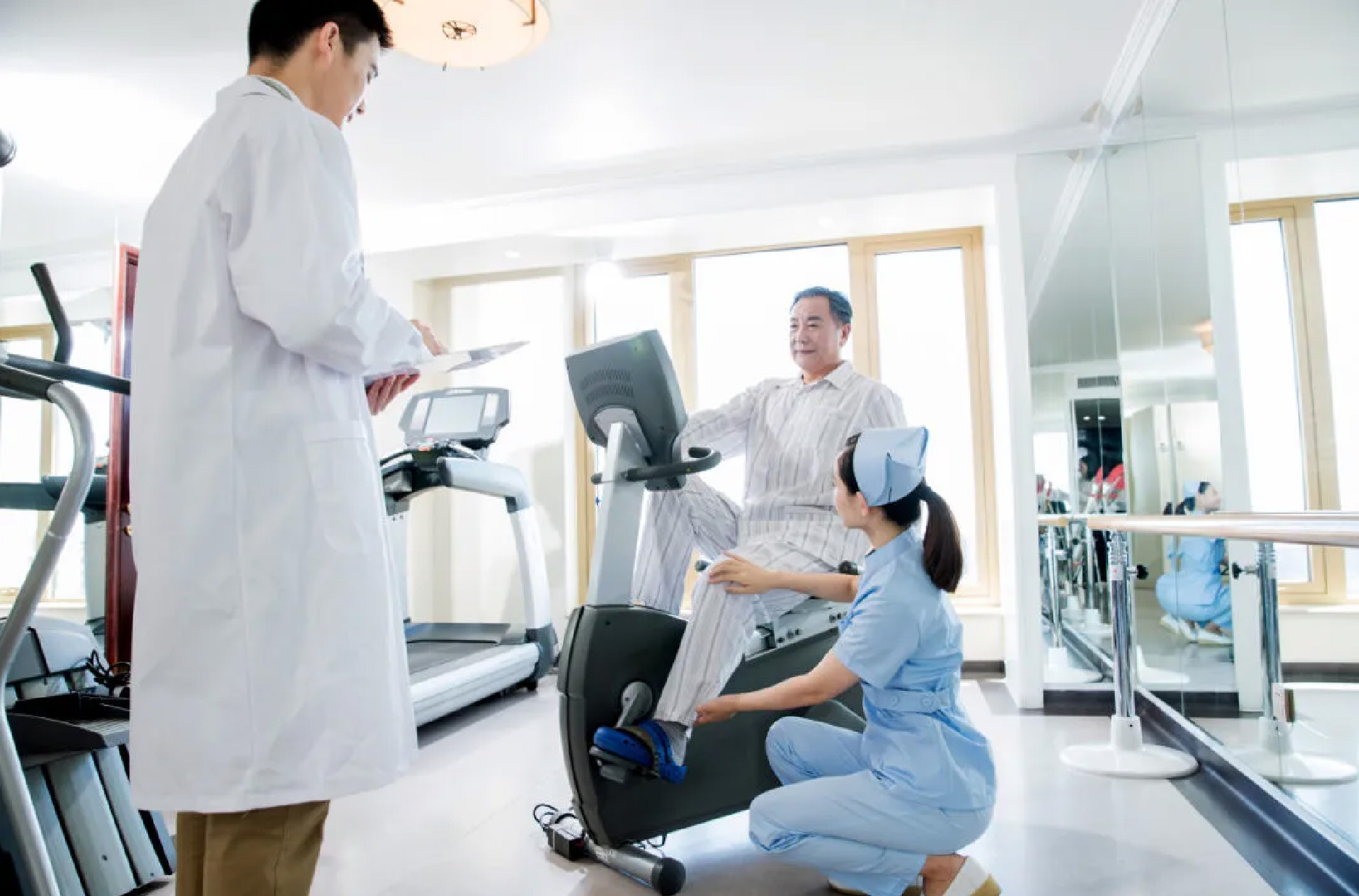
|
Image source: 千库网 |
According to Tianyancha (天眼查), more than 75,000 new companies related to the silver economy were registered in China in 2023, an increase of 28.6% compared to 2022. These companies are mainly active in sectors that cater to the living needs of the elderly, such as medical care, clothing, home furnishings, and communication.
Among these sectors, medical care and intelligent rehabilitation products are urgent needs for many elderly consumers. In recent years, many rehabilitation product companies have emerged in Zhejiang, a center of innovation and entrepreneurship. These companies use cutting-edge technologies such as artificial intelligence and the Internet of Things to develop rehabilitation aids that are specifically tailored to the needs of the elderly. This targeted approach has led to more practical and affordable products that allow older people to live comfortably at home.
Professor XING Yiqun notes that these companies in Zhejiang have invested significant scientific and technological resources in developing products for the elderly market. Because of these investments, more and more people in need of rehabilitation assistance can benefit from the scientific and technological advances. At the same time, this leads to an upgrading of the market for rehabilitation aids for the elderly, reflecting a general trend towards greater consumption and an improvement in the quality of life of the elderly population.
|
From the satisfaction of basic needs to spiritual aspirations: The consumer structure of the "silver generation" is changing |
Lately, many older people have shown a keen interest in a fun, educational, and brain-training wooden toy. This "toy" comes from an old wooden toy company in Lishui, Zhejiang. In the past two years, the development of wooden toys for the elderly has become an important way for the company’s transformation and upgrading. The company has explored the "wooden toys + silver hair" industry and developed more than 300 toys suitable for the elderly, which has brought new breakthroughs to the company’s development.
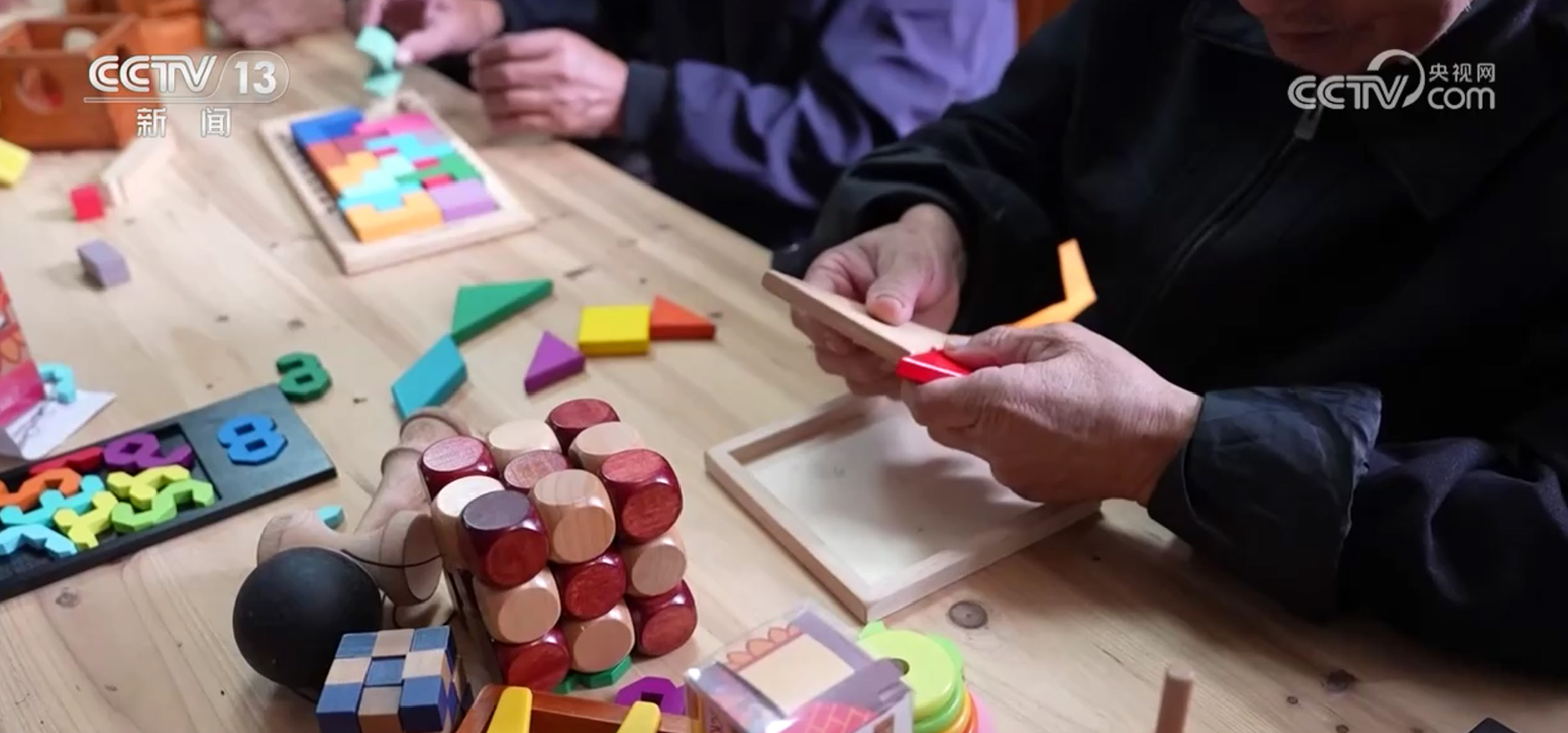
|
A Screengrab from CCTV reporting | Published on 2023-10-24 |
This consumption phenomenon has also broken the impression that “the elderly are the least willing to spend money” to a certain extent. With the construction and continuous development of the silver economy, the consumption structure of the elderly has shifted from basic needs to health, interest, experience, etc., and the trend of upgrading consumption is obvious.
Nowadays, in addition to physical needs such as clothing, food, housing, transportation and daily necessities, and service needs, including health and elderly care, they focus more on poetry and disciplines such as art, sports, leisure and entertainment. The "reluctance to spend money" is gradually becoming a thing of the past, and more and more older people are willing to buy high-end products and services for themselves and their families.
Professor XING Yiqun:
|
“ |
|
|
The current consumption structure of the elderly has changed from daily necessities to health and entertainment products, from product consumption to service consumption, and from daily survival needs to material and spiritual enjoyment." |
The new group of older people, represented by those born in the 1960s, now have a higher level of education, a trendy and open concept of consumption, a greater acceptance of new things, new products and new services and a greater willingness to consume.
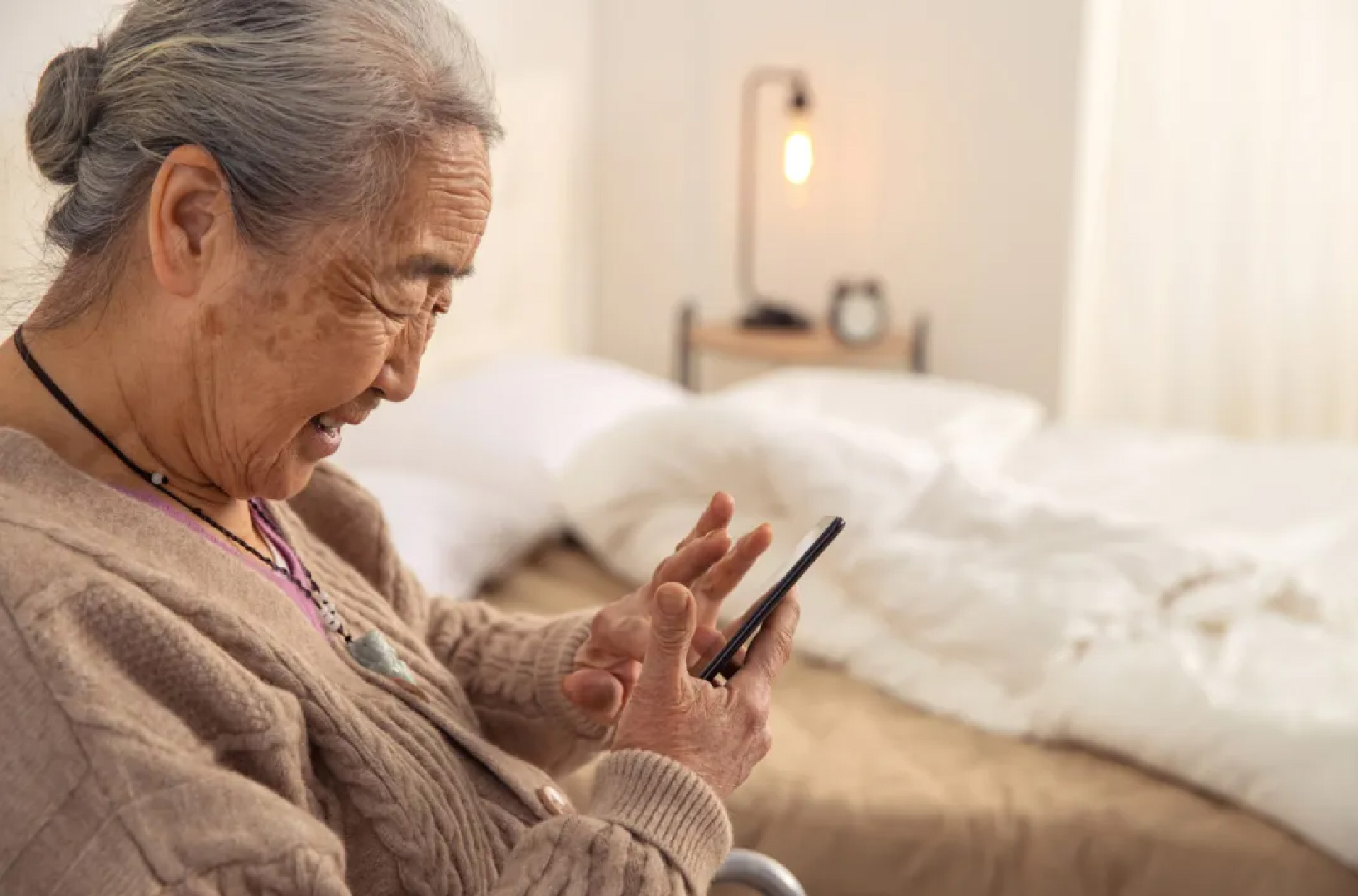
|
Image source: 千库网 |
According to Professor XING Yiqun, there are two trends in the consumer behavior of older people. Firstly, older consumer groups have shown a high acceptance of online consumption models. According to the data, the number of Internet users in China who are 50 years old and above exceeds 320 million in June 2023, accounting for 29.9% of the total internet users. Last year, silver-haired individuals accounted for more than 20% of the increase in online shopping.
On the other hand, older consumer groups are also seeking higher quality for their image. Driven by the growing demand for "beauty", the size of China’s medical beauty products market is expected to exceed 200 billion yuan in 2023. In the next three years, Chinas medical beauty care market is projected to maintain an annual growth rate of about 15%, with the elderly group accounting for the largest proportion.
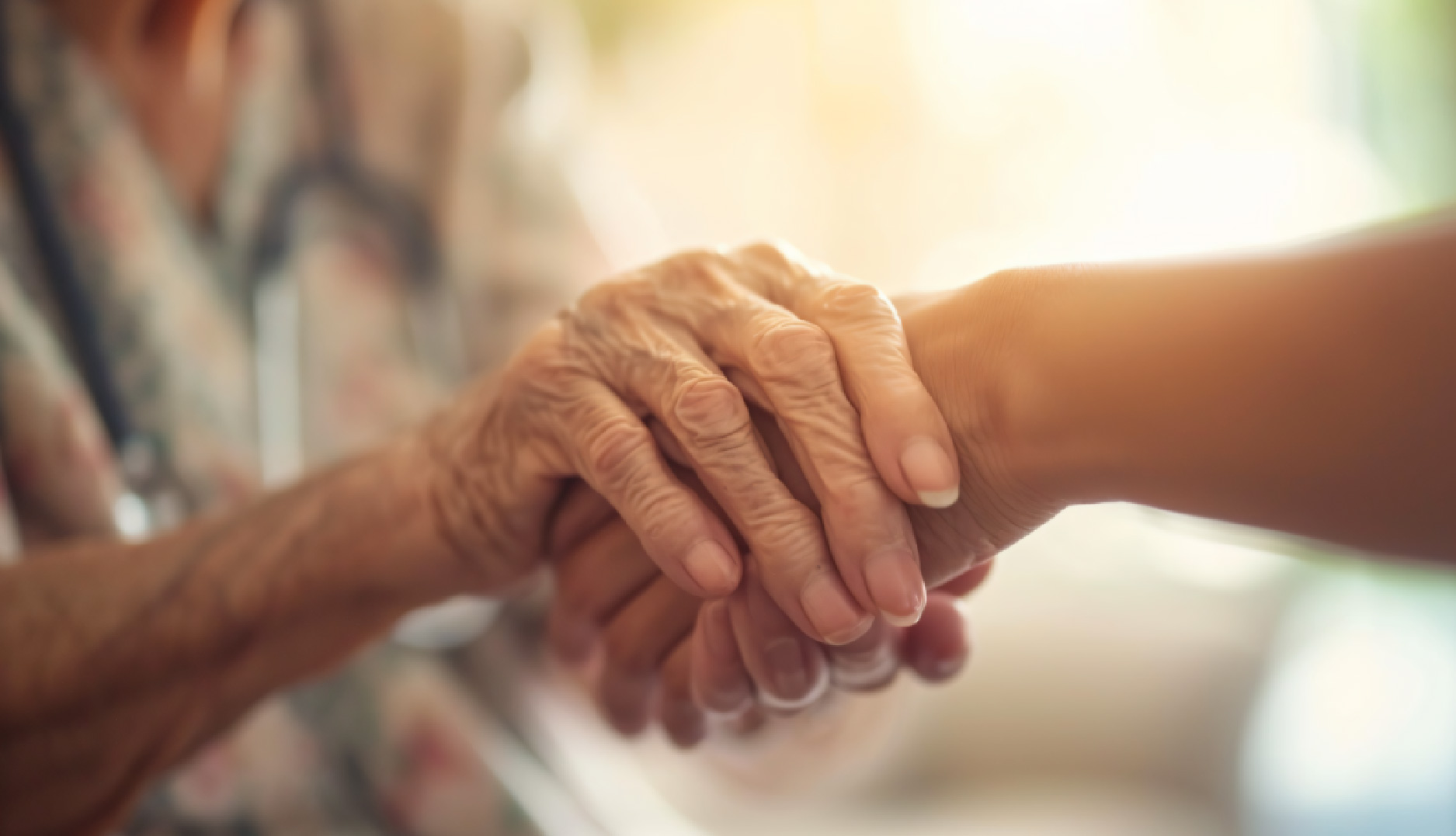
|
Image source: 千库网 |
The "Opinions on Developing the Silver Economy to Improve the Well-Being of the Elderly" clearly states that in order to develop the anti-aging industry, research into the mechanisms of skin aging, hair health, etc. must be deepened, and genetic engineering, regenerative medicine, laser procedures, etc. and other research and development applications in the field of aging prevention must be strengthened. At present, Chinas silver economy is booming, and the consumption potential in the field of medical beauty is huge. With the increase in public awareness of (medical) beauty for the elderly has developed from niche to mass consumption.
However, Professor XING Yiqun also points out:
|
“ |
|
|
The number of elderly people in China is large and growing rapidly, and the total number of products for the elderly is still relatively low. Most elderly people remain in the existing conventional consumption. High-tech products, accessible appliances, self-service, home renovation, and cultural and sports entertainment products are all non-existent or limited. Overall, the silver economy still lacks effective stimulation and orientation." |
- We extend our heartfelt thanks to Professor XING Yiqun for his contributions to our understanding of the silver generation. His insights are instrumental in highlighting the critical need for enhanced-quality services tailored to the elderly.
- You can read the original article in Chinese here